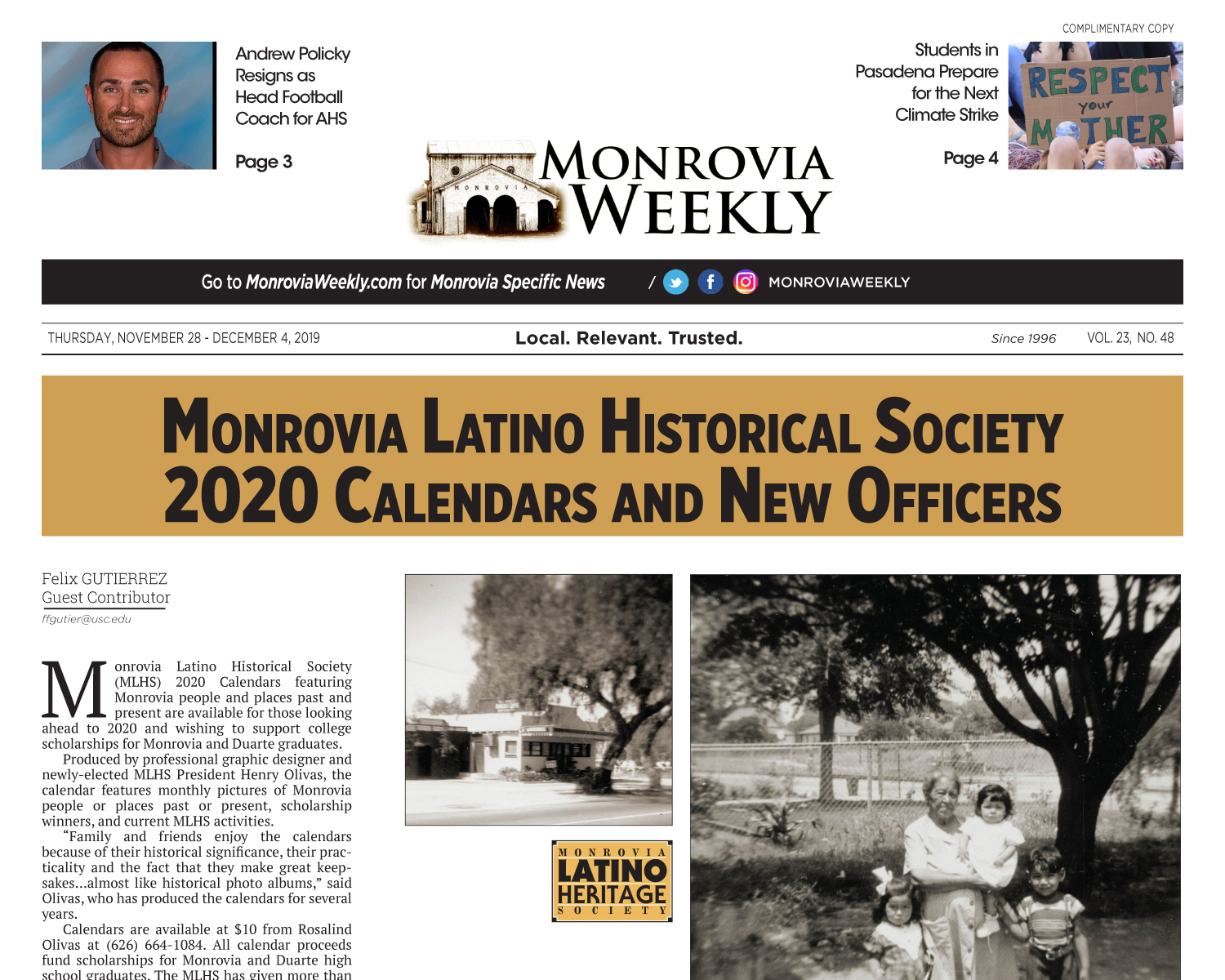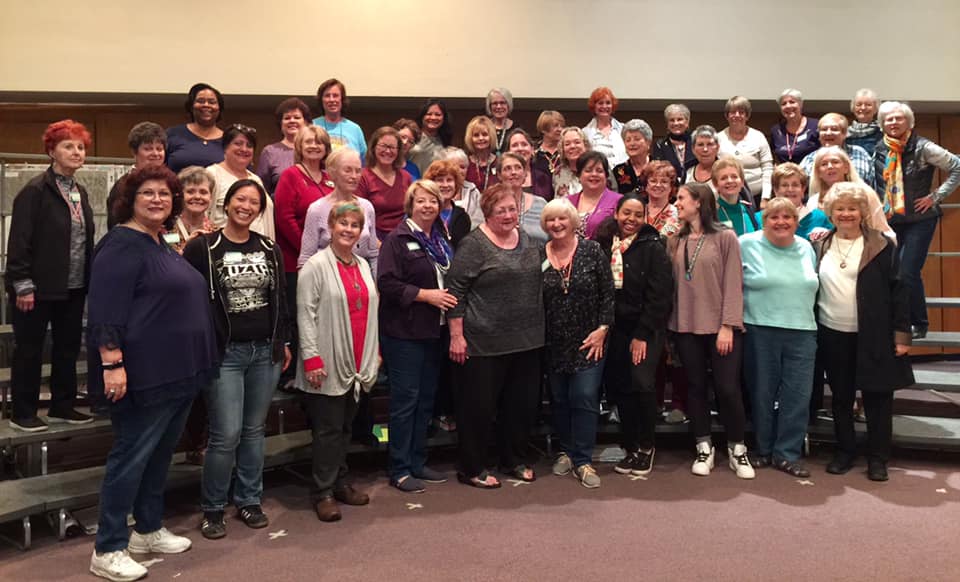
OK, millennials … and now for something completely different
By Terry Miller
Recently, a wonderful book arrived on my doorstep, “Divided by a Common Language.” As a British expat, I wanted to share with friends and colleagues the terms we use in the U.K. that here, across the Atlantic, mean something completely different.
I actually speak English, French and now have recently been studying American Millennial.
Funnily enough, when I first emigrated to the U.S. at 11 tender years, I was placed in what was then known as junior high school. It was there that I really started to understand that we really are genuinely and deeply divided by a common language.
One afternoon we had a math test and I made several mistake(s) that needed correcting. I proceeded to ask my teacher for a “rubber.” After the ground-swell of pre-teen laughter of my classmates subsided, I was to learn this is not the correct or acceptable term for an eraser in the United States educational system in the state of New York.
The humor continued through my high school and college years where I smugly took full advantage of using British terminology (besides, it was a great way to meet girls). I was always being asked to “say something British.”
I was, of course, happy to accommodate my new found American friends.
Nevertheless, as the years rolled by a new sort of vernacular for this British born boomer became rather perceptibly both humorous and yet, to a certain extent, annoying.
I find myself working with a many young millennials who have indeed divided themselves by a truly uncommon language, at least to me. I think video games and YouTube combined with a plethora of social media platforms have become so matter-of-fact that some become immune to the real world.
I now have a whole new dictionary (albeit acronyms) I must use if I want to communicate with my colleagues. The irony is that we, at Beacon Media, are in the communication business and sometimes I have no idea what my younger colleagues are talking about. Let alone how to respond.
Born between 1982 and 2000, most millennials — or “generation snowflake” as they’re also known — can’t remember a time before mobile phones and are not just social media obsessed, they really speak their own language. With texting and social media being their main means of communication, “they’ve created an entirely new way of speaking that involves acronyms, abbreviations and a new type of shorthand lexicon that can leave the rest of us, well, a bit flummoxed tbh (to be honest),” wrote India Sturgins in the Daily Mail.
The millennial generation, also known as Generation Y, is an 80-million-strong group of Americans that already exceeds the baby boomers in size and influence.
Words matter! Whoever said sticks and stones may break my bones but words will never hurt me has probably never “conversated” with a millennial. Yes, “conversate,” sadly, has become part of the new lexicon.
Woot woot? Gamer talk for a celebratory statement such as “woo-hoo.” For example, “I definitely get Fridays off, woot!”
Slay: to succeed in something; similar to “killing it.” Used in a sentence: “Another day. Another slay.”
Owned: Gamer speak for “defeated.” You could say, “Josh, you just got owned.”
This is only just the beginning, as they say. Pew Research says millennials are “at or near the highest levels of political and religious disaffiliation recorded for any generation in the quarter-century.” Many companies are facing the challenge of employing a range of four and soon to be five generations. These include The Greatest (born before 1945), Boomers (‘46–‘64), Gen-Xers (‘65–‘80), Millennials (‘81–‘01), and the newest Generation Z (2001+). Millennials are emerging as the largest population in the work force and this has left some of the other generations wondering if we are entering “millennial madness” with a dysfunctional workforce.
The limitless ability to post feedback on Facebook, Twitter and other social networking tools has millennials often abbreviating words and sayings as an added layer to fuel the wit in what they are saying, using shorthand such as lol, omg, fml, ttyl, wtf, smh.
“Ok, boomer” has become the latest catch phrase.
Just remember millennials, you’ll become ancient history just like us before you know it.






